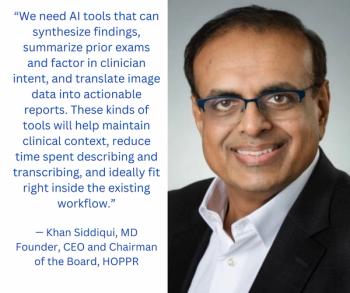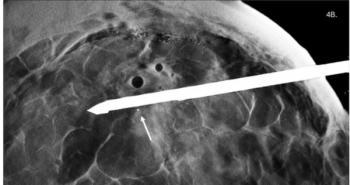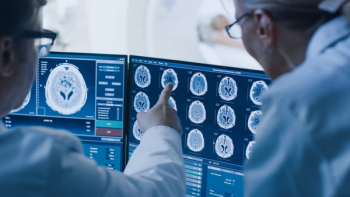
Certification acknowledges care of dying patients
The American Board of Radiology now offers a certificate in hospice and palliative care, designed for doctors whose work involves the care of seriously ill and dying patients.
The American Board of Radiology now offers a certificate in hospice and palliative care, designed for doctors whose work involves the care of seriously ill and dying patients.
Hospice practices and palliative medicine are based on expanding scientific knowledge about symptom control when cure is not available and appropriate end-of-life care is the goal. Though the certification is not intended to confer privilege to practice, the recognition could offer an advantage for physicians who choose to specialize in that area, said Dr. Bruce Haffty, an ABR radiation oncology trustee.
"Radiation oncologists, as part of our practice, routinely care for patients who are terminally ill or require palliation of their disease," Haffty said.
He noted that diagnostic radiologists would be less interested but could see some involvement.
"There are some who might specialize in procedures that are often used with patients in that category, such as interventional radiologists," he said.
The subspecialty is available to all ABR-certified radiologists. Doctors must do at least 100 hours on a hospice and palliative care team and be involved in the care of at least 50 terminally ill patients over a two-year period, Haffty said.
The final step is an examination, which will be administered this October. The certification is good for 10 years.
Newsletter
Stay at the forefront of radiology with the Diagnostic Imaging newsletter, delivering the latest news, clinical insights, and imaging advancements for today’s radiologists.














